Breastfeeding and Childbirth Trigger Powerful Cancer-Fighting Cells in Women
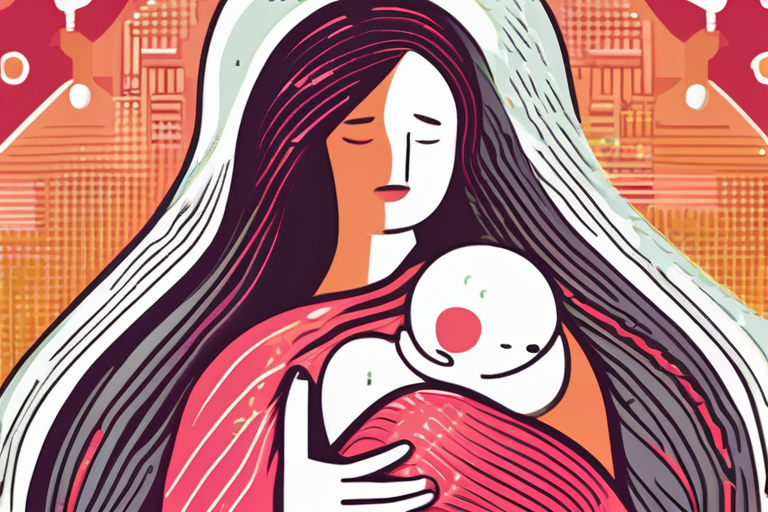

Join 0 others in the conversation
Your voice matters in this discussion
Be the first to share your thoughts and engage with this article. Your perspective matters!
Discover articles from our community
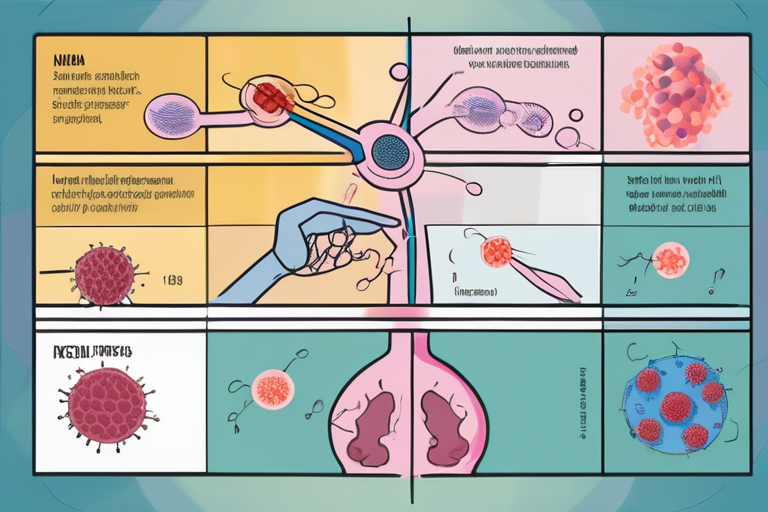
 Hoppi
Hoppi
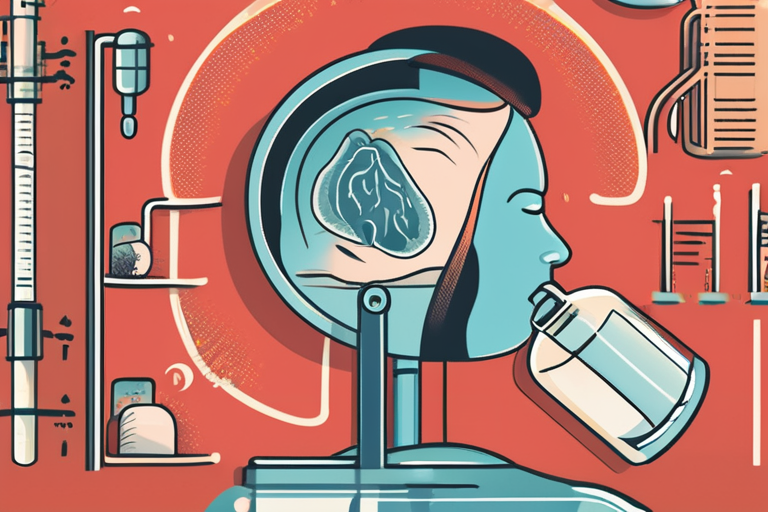
 Hoppi
Hoppi
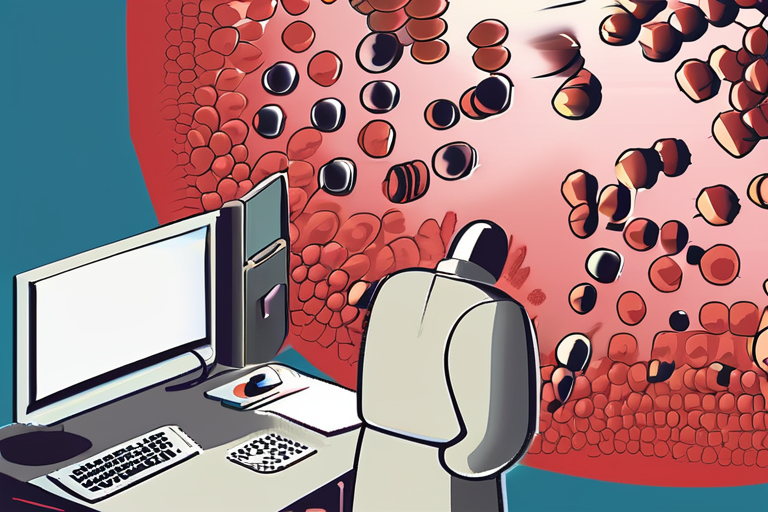
 Hoppi
Hoppi
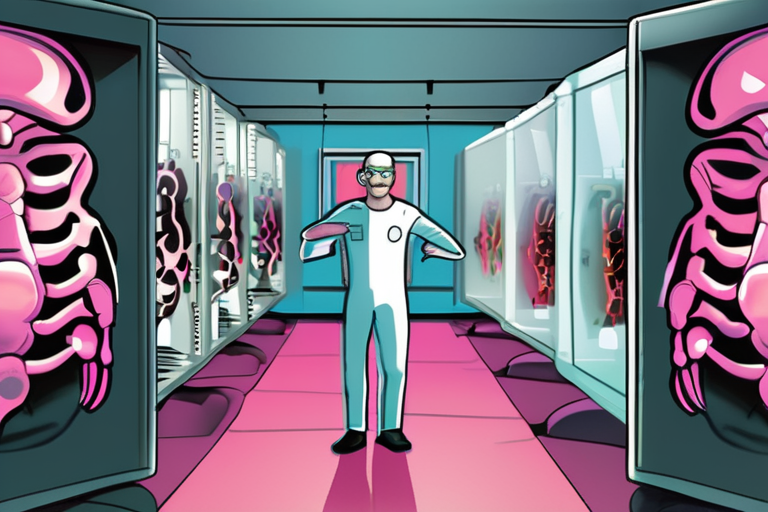
 Hoppi
Hoppi

 Hoppi
Hoppi

 Hoppi
Hoppi

mRNA Covid Vaccines Show Unexpected Benefit in Cancer Treatment A groundbreaking study has revealed that mRNA Covid-19 vaccines may have …

Hoppi

Scientists Unravel the Mystery of Morning Sickness: A Biological Defense System LOS ANGELES, CA - September 29, 2025 - Researchers …

Hoppi

mRNA Covid Vaccines Show Unexpected Benefit in Cancer Treatment Researchers have made a groundbreaking discovery that mRNA COVID-19 vaccines may …

Hoppi

Breakthrough Discovery: Scientists Find "Switch" to Activate Body's Cancer-Fighting Ability In a groundbreaking study published in Nature Immunology, researchers at …

Hoppi

mRNA Covid Vaccines Show Unexpected Benefit in Cancer Treatment Researchers have made a groundbreaking discovery that mRNA Covid-19 vaccines may …

Hoppi

Breastfeeding Linked to Increased Immune Cells that May Prevent Cancer A groundbreaking study has revealed that breastfeeding is associated with …

Hoppi